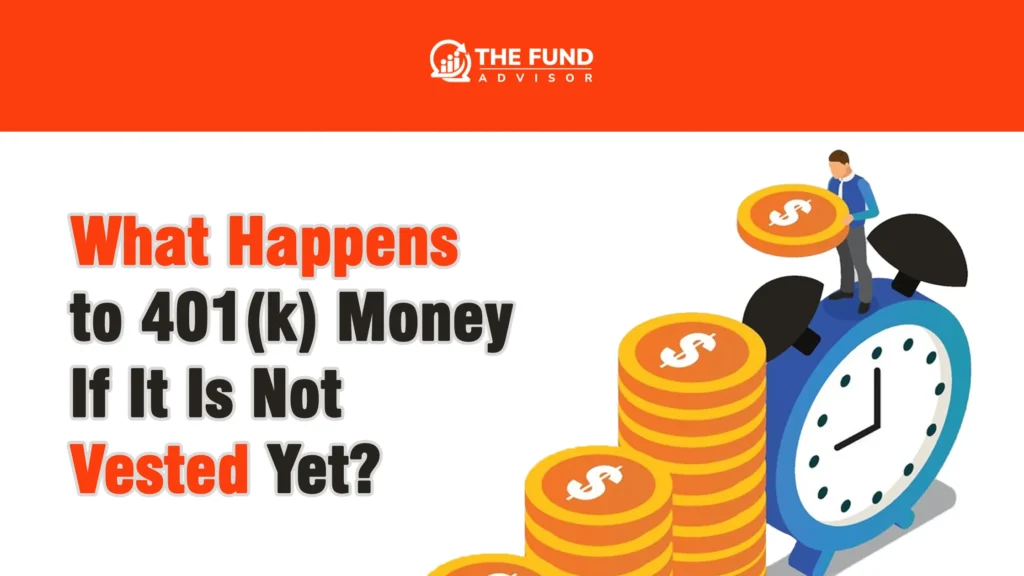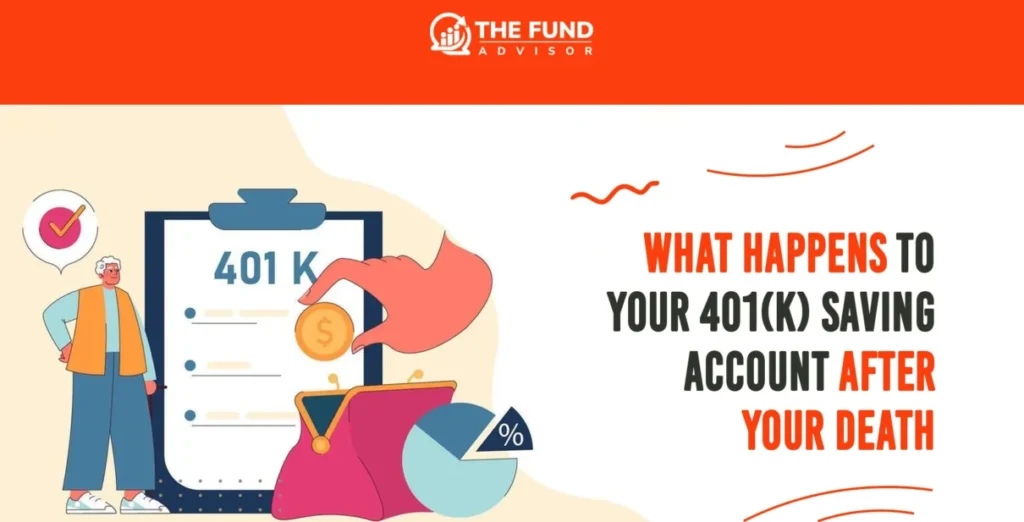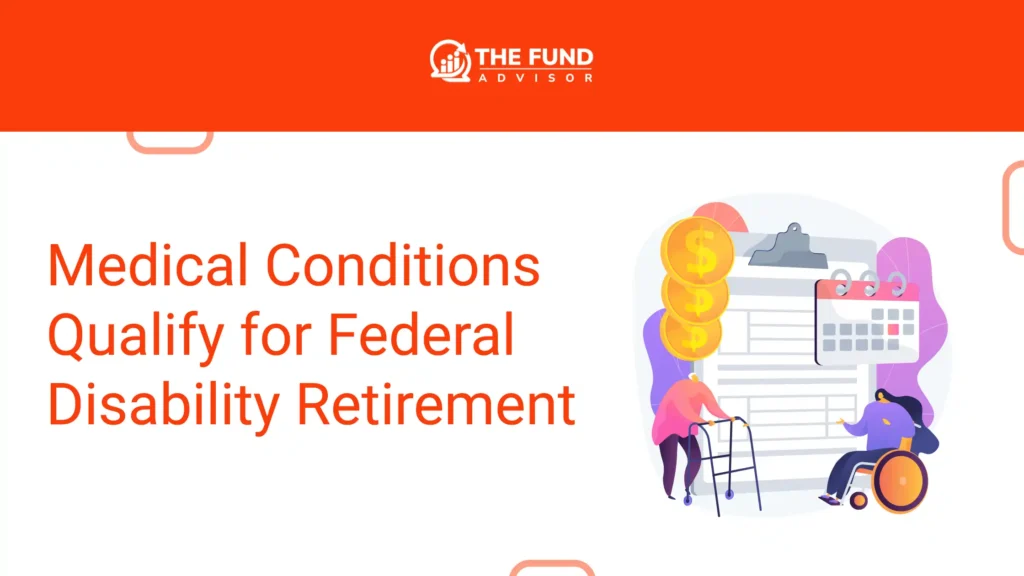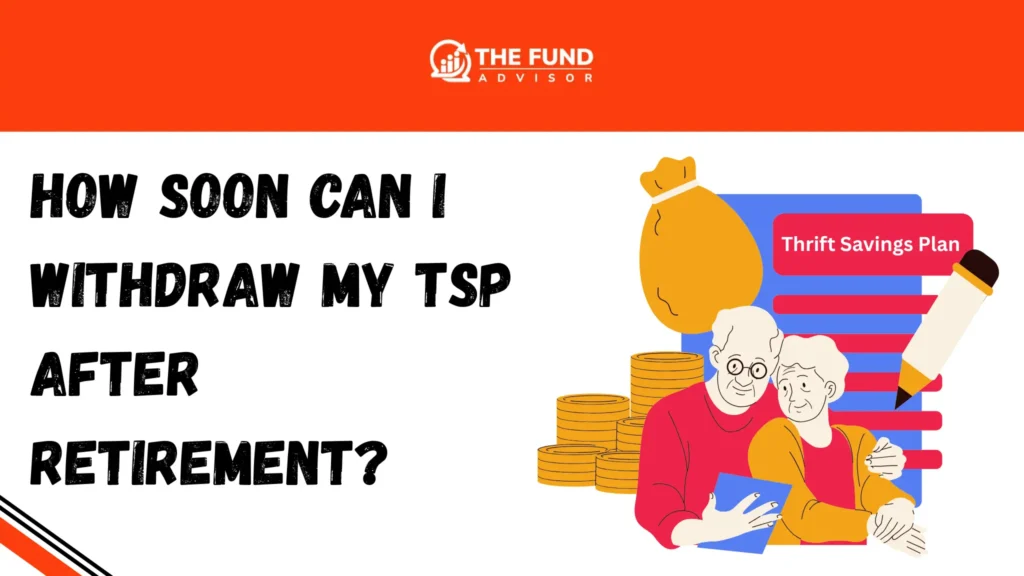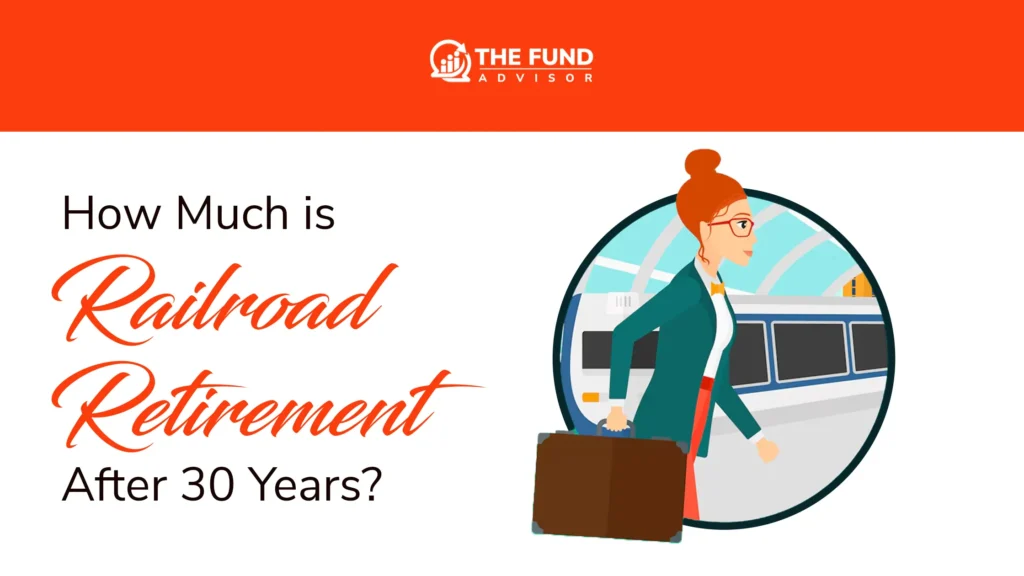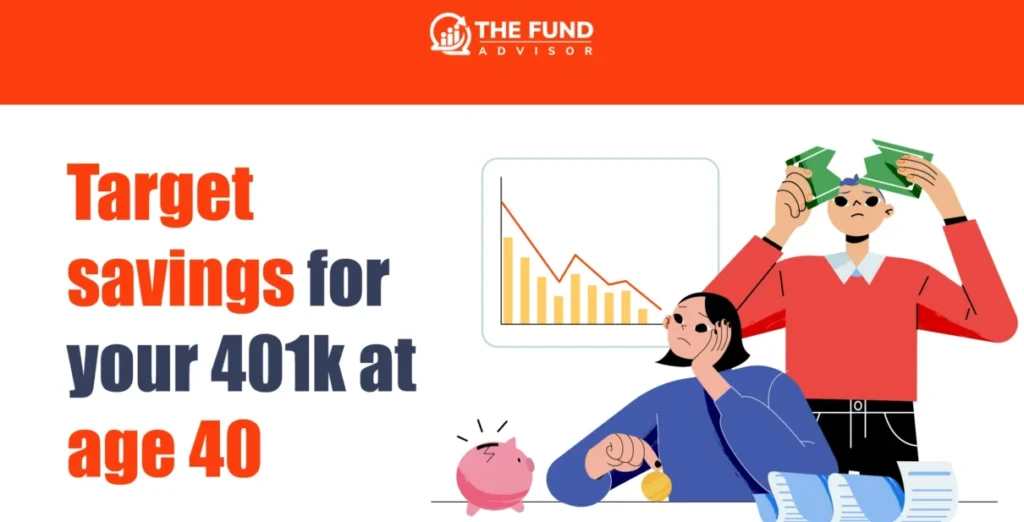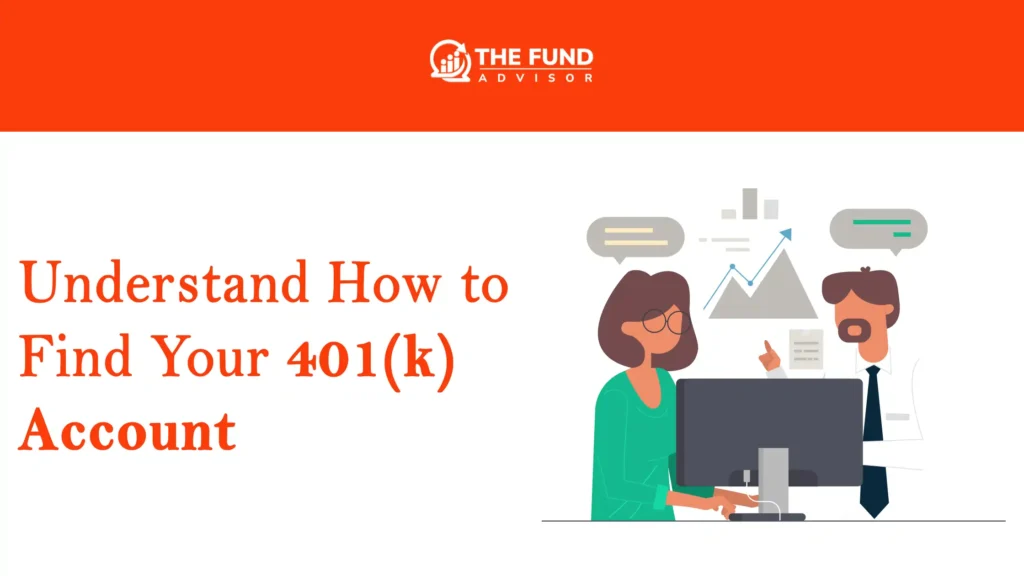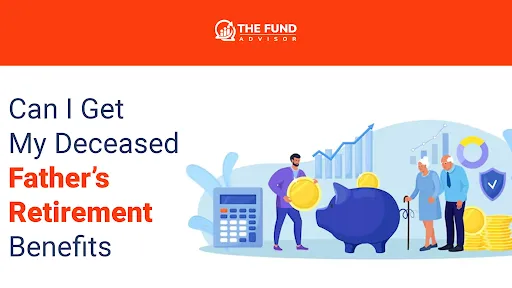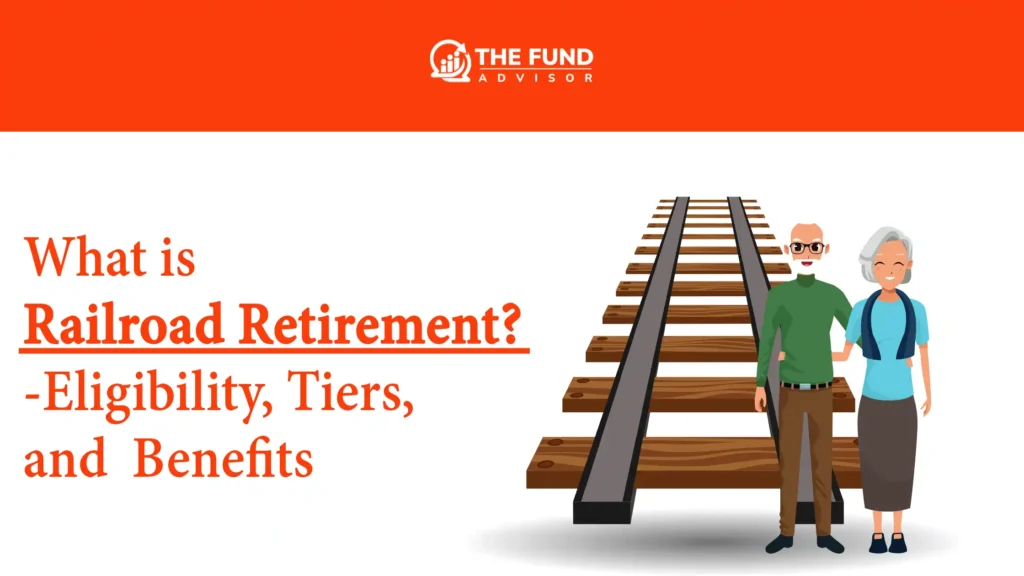Many employees have chosen the 401(k) account for their retirement savings. And in this decision, there is a term called ‘Vesting’ which is the common concern of individuals. But many even wonder what happens to 401(k) money that is not vested. Understanding this concern is very important because this can help you make smarter career and financial decisions. Saving for retirement is very important to balance and maintain expenses when there is no other source of income. Let’s discuss.
What Is Vesting In A 401(k) Plan?
Vesting is an interesting term. The contributions you made in your 401(k) account are entirely in your ownership, but there an extra income benefits, which are called as employer’s match or contributions. This is a contribution of deposit that your employer made in your account. But this contribution requires a service term period after only you can get access or ownership of this money.
This vested money comes with a vesting schedule that decides what percentage of the employer’s contribution you own. There are generally three types of vesting schedules :-
- Immediate Vesting – You own all employer contributions right away.
- Cliff Vesting – You gain 100% of the employer contributions after a specific period (e.g., 3 years).
- Graded Vesting – You gradually own a percentage each year (e.g., 20% after one year, 40% after two years, etc.).
How Does Vesting Affect Retirement Planning?
It is very important to understand the vesting and retirement planning. Vesting simply refers to the extra income provided by the employer; generally, it is a pre-set service period before which you cannot get the benefit over the employer’s contribution. If your retirement savings account is not vested yet and you leave the job, then your retirement savings will be reduced.
Losing this extra income will directly reduce your overall saving potential. So, always review your plan details and monitor the statement to get a 100% employer’s match.
What Happens When Your 401(k) Is Vested?
This is a very common question. What happens to 401(k) money that is not vested? But before this, we need to understand what happens if the money is already vested. When an employee crosses the vesting period, the employee gains complete ownership of their retirement savings account. This means the entire money present in the 401(k) account the person owns, including self-contribution and the employer’s match, is now completely owned by the employee.
This is a great achievement because with the years of experience, an individual gets a chance to have some extra money, which will grow with time. This account can then be rolled over to a new retirement account or an IRA if the person quits the current employer.
This completely vested money empowers your future a long-term financial security and allows for more accurate retirement planning. Some employers offer immediate vesting, but some offer it after some time. You need to coordinate with your plan provider to know the vesting status. Knowing the vesting status helps you in making effective decisions regarding retirement savings planning.
What Happens To 401(k) Money That Is Not Vested?
This is our main concern, where many people ask, Can I withdraw an unvested 401(k)? It is noted that if you leave the job when your 401(k) is not vested, then you can claim the employer’s match. This means if the money is not vested yet, then you have no rights or ownership over the money that is contributed by the employer.
You will only get the contribution made by you; these are completely yours and no one can ever take them from you. But the contribution made by the employer will be forfeited if the account is not vested yet.
For an example, if you have an 401(k) account and it is only 20% vested then :-
- You own the contributions made by you as well as the 20% vested employer’s match. You can roll over the combined contributions and 20% employer’s deposits to another account.
- What to do with a non-vested 401(k). The remaining 80% of the employer’s contribution will be forfeited and it will then be used by the organization in various ways, like as contributing it to the other employee’s account, like their employer’s match.
This is the reason why employers involve a vesting period, especially for those employees who change their employment frequently. It is advised to check that your 401(k) account is vested or not before resigning. Sometimes you are close to the 100% vesting period and leave the job just before the complete vesting.
Vesting Schedule To Know What Happens To 401(k) Money That Is Not Vested
There are three major types of vesting schedules present. Based on your employer or the plan administrator, the schedule is decided. The general vested amount concerning the service period is :-
| Years of Service | Cliff Vesting | Graded Vesting |
| 1 | 0% | 0% |
| 2 | 0% | 20% |
| 3 | 100% | 40% |
| 4 | 100% | 60% |
| 5 | 100% | 80% |
| 6 | 100% | 100% |
This is based on the IRS (Internal Revenue Service) rules and regulations. The more you work in the same organization the more you will get as a benefit. This is because when you change the current employer then you need to again pass the vesting period barrier for the new retirement account to gain the 100% vested money.
What Happens To Unused 401(k) Money?
In the concern what happens to 401(k) money that is not vested, we will know what happens to unused 401(k) money. In any case where you don’t use the complete saved money in your 401(k), the money will be allotted or awarded to your designated beneficiary. At the time of opening a 401(k) account, you need to add a beneficiary who can withdraw money on your behalf.
However, in the case where the account holder passed away and there is money in the 401(k) account. The registered beneficiary can withdraw the money.
Generally, the beneficiary is a legal spouse of the account holder. Here’s what generally happens to unused 401(k) money :-
- Beneficiary Spouse : The beneficiary, mostly the legal spouse, is the owner of the money vested in the 401(k).
- Non-Spouse Beneficiary : They may be required to withdraw the full amount within 10 years (due to SECURE Act rules).
- No Beneficiary Named : If there is no beneficiary mentioned in the 401(k) account, then the money is considered as the estate property of the account holder and goes through the probate process, where things get trickier.
- RMDs (Required Minimum Distributions) : After age 73, you must take required withdrawals. Failing to do so results in penalties.
Conclusion :-
Breaking down what happens to 401(k) money that is not vested in simple words is very important to get a clear view of your retirement savings. Always review your 401(k) plan and talk about the vesting period with your plan administrator. With a long-term service, you will get the full vested retirement savings account with the same employer.
The vested money is the extra amount other than your contribution that you can get, and this will also grow with the help of various investment schemes. If the vesting period is not completed yet and you leave the job, then you can only claim the money you contributed, and the employer’s match will be forfeited.
Frequently Asked Questions
What happens to vested 401 (k) when you quit?
If you have a vested 401(k) account and you quit your job, then you will get the full money available in the account. This can vary, like the percentage of vesting, which depends on your service period, is the money you will be entitled to. If your account is fully vested, then you will get the combined (Contributions + employer’s match) to withdraw or roll over.
Do you lose your unvested 401 (k) if you get fired?
Yes, if you leave the job or get fired from it, the contributions made by you are the only money you are entitled to. If there is some amount of employer’s match that is vested, you will also be entitled to it. But you cannot get ownership of the unvested money.
Why is my 401k not fully vested?
The vesting depends on your service period. Most employers set a defined vesting schedule, which provides ownership to the account holder as the service continues. If your 401(k) is not fully vested, then you have not worked enough in the same company to get the eligibility to have 100% vested balance.

